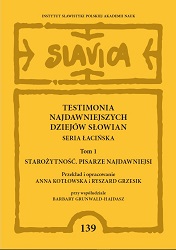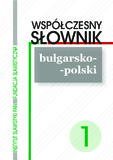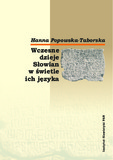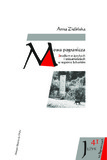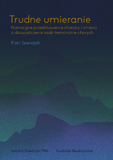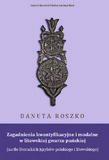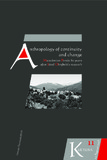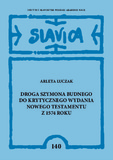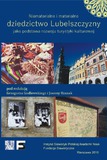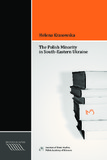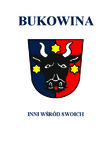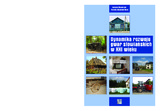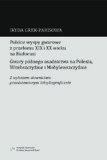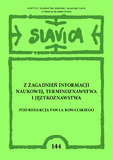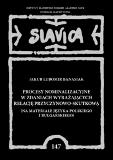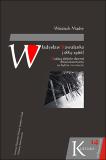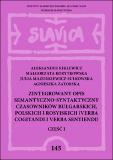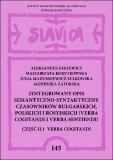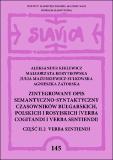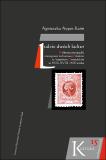Wczesne dzieje Słowian w świetle ich języka (wyd. 3)
Author(s): Hanna Popowska-Taborska / Language(s): Polish
Keywords: ethnogenesis;hydronymy;anthroponymy;ethnonymy;phonetics;lexis;
In this work, consisting of 7 chapters (I. An outline of the early history of linguistic researches on the ethnogenesis of the Slavs; II. Linguistics and other disciplines conducting researches on the early history of the Slavs; III. The hydronymic aspect of research on the ethnogenesis of the Slavs; IV. Slavic ethnonyms and anthroponyms; V. The phonetic differentiation of Slavic; VI. The role of vocabulary in research on the ethnogenesis of the Slavs; VII. The stages preceding the historical past of the Slavs), various theories and hypotheses based on linguistic facts and connected with the ethnogenesis of the Slavs are presented and analysed. The final conclusions based on the research could be stated as follows: The Slavs broke away from the great Proto-Indo-European family; on the basis of linguistic facts we cannot, however, situate their original homeland without some hesitation, nor do we know exactly how the process of differentiation took place and in what way the various language groups emerged. There exist many Balto-Slavic linguistic connections that point to a close or common development of these two language groups. However, on the basis of linguistic facts alone, it is difficult to determine the location of the original homeland of the Slavs and Balts. At some point these two ethnic groups separated; we cannot, however, state the reason for this break, nor what factors brought about the development of linguistically distinct Slavic. From the linguistic data one can assume that at an earlier points in history there existed contacts between Slavic, Italic and Germanic languages, but where and when it occurred has until now not been thoroughly explained. The presence of Celtic traces in the Slavic languages, which has been variously interpreted (some linguists maintain that in the remote past the Slavs could have been in contact with the Celts) could be analysed only with difficulty since knowledge about Celtic dialects is scarce. There undoubtedly existed some Slavic-Iranian connections, but it is difficult at present to determine the scale and character of these contacts. Further studies in this field are recommended. In the case of contacts between the Slavs and Germans it is very important to draw up a detailed chronological chart of the various phases of the contacts. Here linguists encounter great problems owing to a lack of sufficient criteria to separate the Gothic from the Proto-German linguistic layer. At present we are not in a position to determine unequivocally the location of early Slav homelands either in the light of hydronyms, or through the analysis of Slavic ethnonyms or botanical and zoological terminology, or on the basis of contemporary lexical divisions. We do know that the real Slavs, not the supposed ones, appear on the historical stage in the sixth century A. D., whereas the reconstruction of the early Slavic phonetic and morphological system points to the extreme uniformity of the Proto-Slavic language. On the basis of various data, one can thus maintain that the phonetic differentiation of the Slavic language occurred in the second half of the first millenium A. D., when the Slavs suddenly began to expand, occupying sizeable areas of southern, north-eastern and north-western Europe. One can thus speak of a demographic explosion which in turn brought about an expansion of a Slavic ethnos formerly centered on a much smaller area. Pre- and post-war researches have proposed whole range of solutions to the difficult problem of Slavic ethnogenesis. The author of this work refrains from providing more detailed conclusions because she claims, on one hand none of the existing theories is convincing and on the other she is of the opinion that on the basis of the linguistic facts it is impossible to carry out a full reconstruction of the prehistory of the Slavs.
More...
